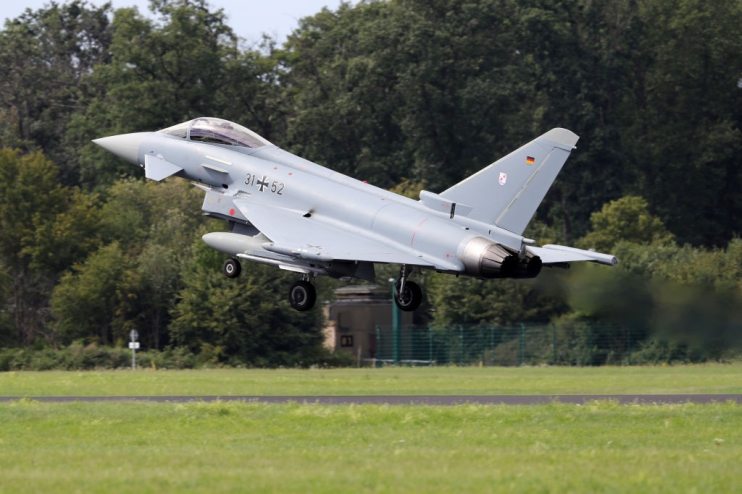BAE Systems: Analysts give thumbs up to £4bn-plus Ball acquisition

BAE Systems, the British defence giant, is set to buy US spacecraft manufacturer Ball Corporation’s Aerospace arm in a $5.55bn (£4.36bn) mega-deal.
Shares in BAE slid down over four per cent on Thursday morning after it announced plans to “strengthen” its position as a global provider of space systems and defence technologies with the multi-billion pound deal.
Ball Aerospace, headquartered in Colorado, will allow BAE to align with the priorities of US intelligence and department of defence, leading to a “substantial increase” in US revenue.
Funded by a mix of new external debt and existing cash, the purchase of Ball Aerospace could help BAE achieve a revenue compound annual growth rate of around 10 per cent over the next five years.
Analysts at Shore Capital said the deal would “position BAE in a fast growing segment of the defence market so that it can capitalise on theuptick for defence products.”
In an update on Thursday morning, BAE said Ball Aerospace “is an excellent cultural fit” thanks to its reputation for innovation.
Charles Woodburn, chief executive of BAE Systems, said: “It’s rare that a business of this quality, scale and complementary capabilities, with strong growth prospects and a close fit to our strategy, becomes available.
“The strategic and financial rationale is compelling, as we continue to focus on areas of high priority defence and Intelligence spending, strengthening our world class multi-domain portfolio and enhancing our value compounding model of top line growth, margin expansion and high cash generation.”
The acquired wing is expected to produce revenues equivalent to around 10 per cent of BAE’s current annual revenues in the first year alone.
In June, BAE Systems was awarded a 10-year contract worth £270m to support the Royal Navy’s three main radar systems, securing hundreds of jobs.
This comes after City minister Andrew Griffith slammed UK investors’ decision to move away from the country’s top defence firms such as BAE Systems.
Aarin Chiekrie, equity analyst at Hargreaves Lansdown, said the “mammoth” cash offering of $5.55bn, equivalent to almost 20 per cent of BAE’s current market cap, has “only been made possible by BAE’s improved performance in recent years.”
“Revenues and operating profits grew at double-digit rates in the first half and cash flows are much healthier now too, which has opened the door to deals like this as well as funding increased shareholder returns via dividends and new buyback programmes.
“And given the similarities between the two businesses, there’s clear scope to streamline operations, cut costs and boost profit margins,” he added.
However, AJ Bell investment director Russ Mould, said BAE have slightly overpaid, which could explain shareholders’ initial “lukewarm reaction” to the deal.
“The cost will raise the pressure on the company to execute smartly on the integration process. Assuming it hits the targets it has outlined then it should be earnings accretive in the short term.
“BAE is looking to expand in nascent sectors like space as well as build on its capabilities in electronics and this deal looks a decent fit in both areas,” said Mould.